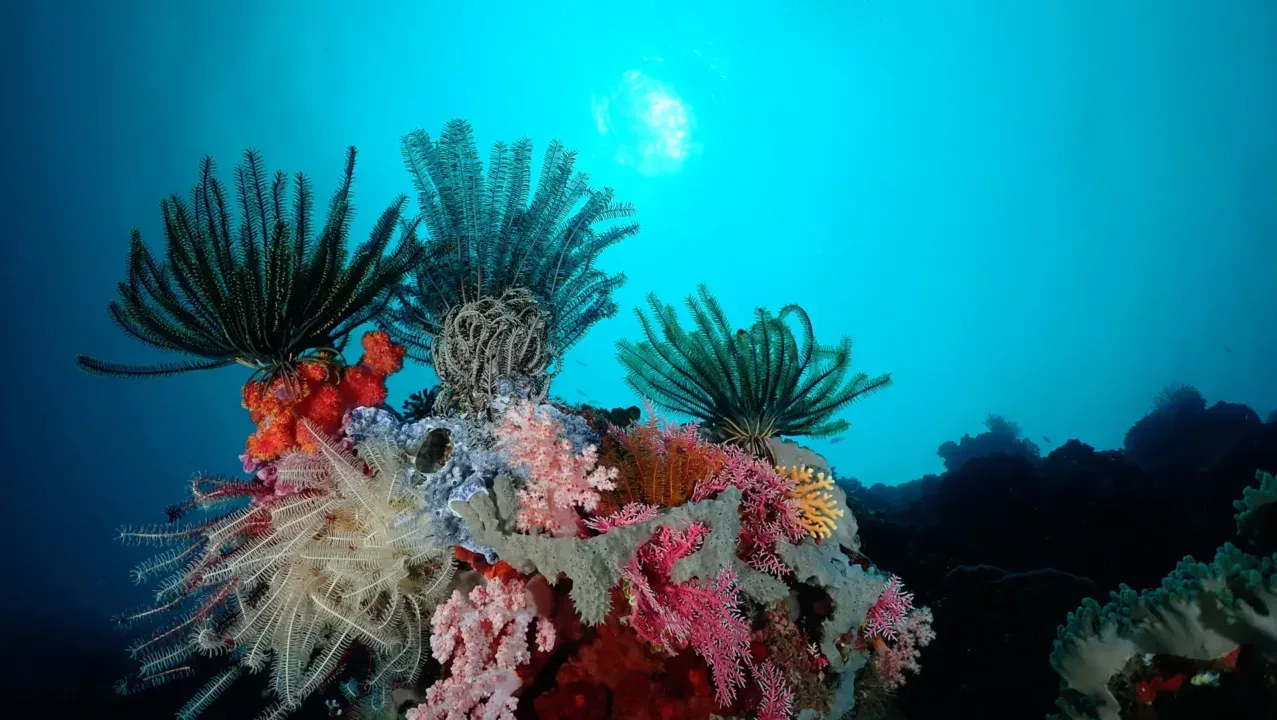Palau’s National Environmental Protection Council (NEPC) has issued a report on the state of the environment in the country. The report shows that most of the shallow coral reefs of Palau are in good condition, and reveals “overwhelmingly positive” trends.
The ‘2019 State of the Environment Report’ (SOE) describes trends among key natural resources and environmental programmes, and analyzes their most recent “conditions and grades” in relation to local and global goals. Of the 15 unique indicators assessed across habitat, depth, and location, 67% were in “good condition,” and of the 18 unique indicators with adequate information to see a trend, 83% showed positive trends. Exceptions to the positive trends are shallow reef areas on the East Coast of the country which are taking longer to recover from damage caused by typhoons in 2012 and 2013.
According to the ‘Status and Trends of Coral Reefs of the Pacific’ report, published in 2018, Palau has the most diverse coral reef fauna in Micronesia, with a record 1,700 fishes, 425 coral species, 235 crustaceans, and 302 mollusks. The reefs are important to subsistence, artisanal, and commercial fisheries. Tourism is one of the main economic activities of the country, with 86% of Palau’s visitors coming for scuba diving and snorkeling.
The 2019 SOE states that Palau has responded well to many pressures on coral reefs, and continues to improve their condition. Continued investment in Marine Protected Areas (MPAs) – particularly the commitment by States to set aside new MPAs – has meant that only lagoons and reef flats remain poorly represented in Palau’s MPA network. The report highlights that coral reefs are by far the most understood and best managed of Palau’s natural resources and have been the focus of significant investment by local, nonprofit, and international entities for several decades.
Yet, the report notes, challenges remain, especially as many of the pressures on coral reefs are intense and getting worse. Global climate change has immediate negative impacts on coral health, including on mesophotic (deeper) reefs. The SOE finds that responses to local pressures have been slow and should be improved, particularly reducing sedimentation and overfishing of reef fish.
The SOE recommends that Palau: maintain existing programmes of supporting state and community management of reefs, by providing access to resources and technical expertise and through continued training; and apply the successes the country has seen in coral reef management to nearshore fisheries management.
The assessment of this critical environmental resource, coral reefs, and the ecosystem services they provide is being used by Palau to plan for more effective reef management as well as to track change over time for national reporting as well as reporting on international commitments like Aichi Target 10 (anthropocentric pressures on coral reefs minimized) and SDG 14 (life below water).
Source: IISD website

